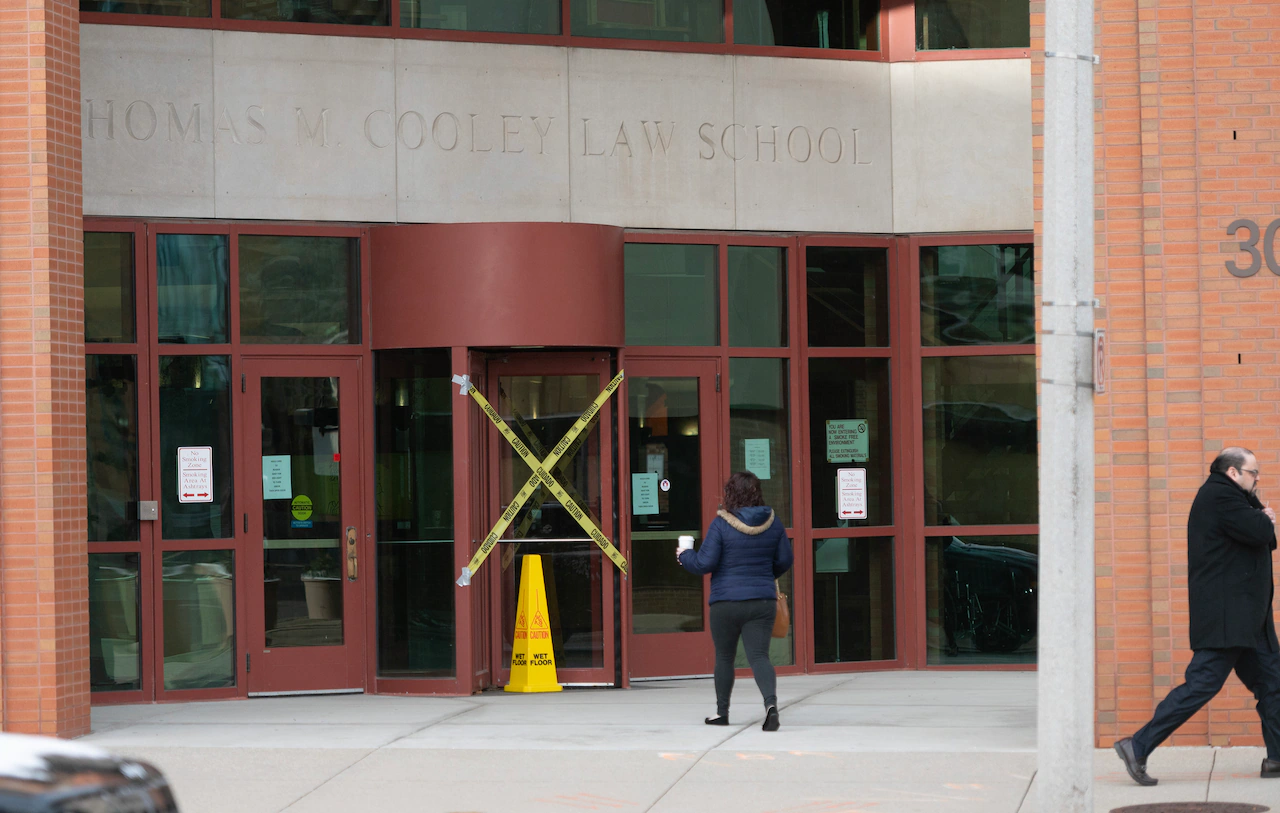By Ghana News
Copyright ghanamma

The Administrator of Stool Lands, Gad Asorwoe Akwensivie, has cautioned against calls for a state of emergency as a solution to illegal mining, popularly known as galamsey, stressing that such a measure would not provide a lasting solution.
“Declaring a state of emergency won’t remove illegal mining permanently. It won’t address the negative impact such as the destruction of our rivers and forests,” Akwensivie said.
Speaking to journalists on Friday, 26 September 2025, on the sidelines of the Valuation and Estate Surveyors Annual Conference in Akosombo, Eastern Region, Akwensivie argued that the country should focus on sustained public education, particularly within mining communities, rather than relying on emergency powers.
He emphasised the need to engage chiefs, traditional leaders, landowners, and local citizens with education on responsible mining practices, adding that law enforcement efforts must also comply with approved mining regulations.
According to the Administrator, the imposition of a state of emergency would have far-reaching negative implications, particularly for the business environment and commercial activities.
“For example, it will affect the mobilisation of stool land revenue by my officers due to restrictions on the free movement of people,” he explained.
Akwensivie also warned that a state of emergency could disproportionately affect vulnerable and marginalised groups, ultimately undermining economic stability.
“A state of emergency is a short-term proposal that won’t address the root cause of the problem,” he added.
As a human rights lawyer, he further cautioned that such emergency measures could unduly restrict civil liberties and potentially lead to overreach and abuse of power by security agencies.
“We’ve seen what happens in other places. Vague provisions in emergency laws can be exploited, opening the door to actions by law enforcement that may be difficult to justify and prone to abuse,” he noted.
In addition to education, the Administrator called for the recruitment and deployment of more “blue water guards” tasked with sensitising residents in mining communities about responsible mining practices.



